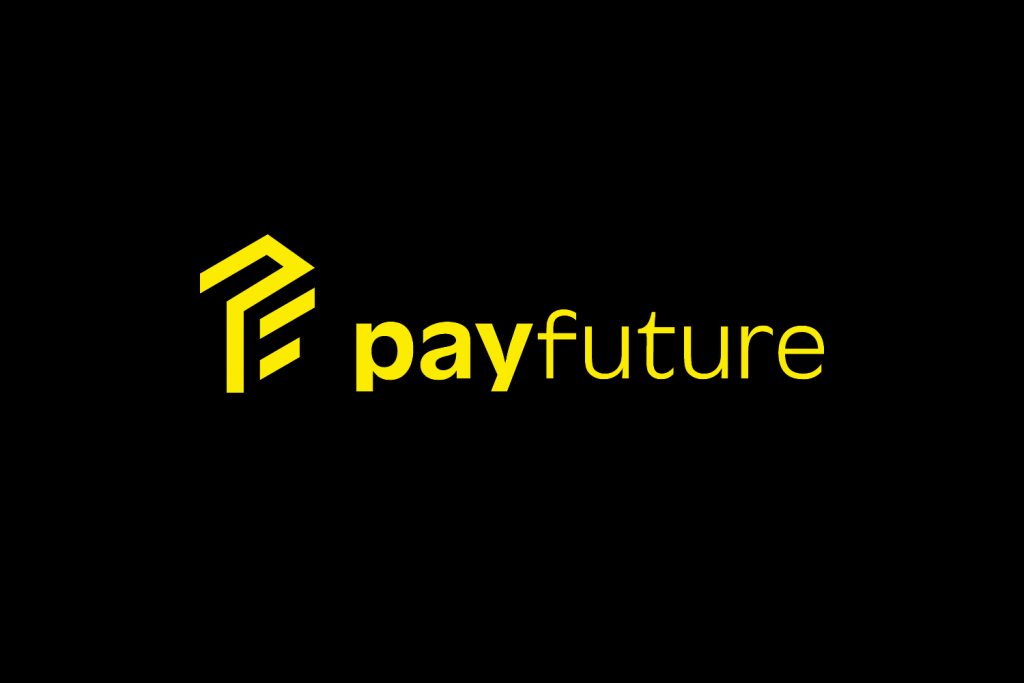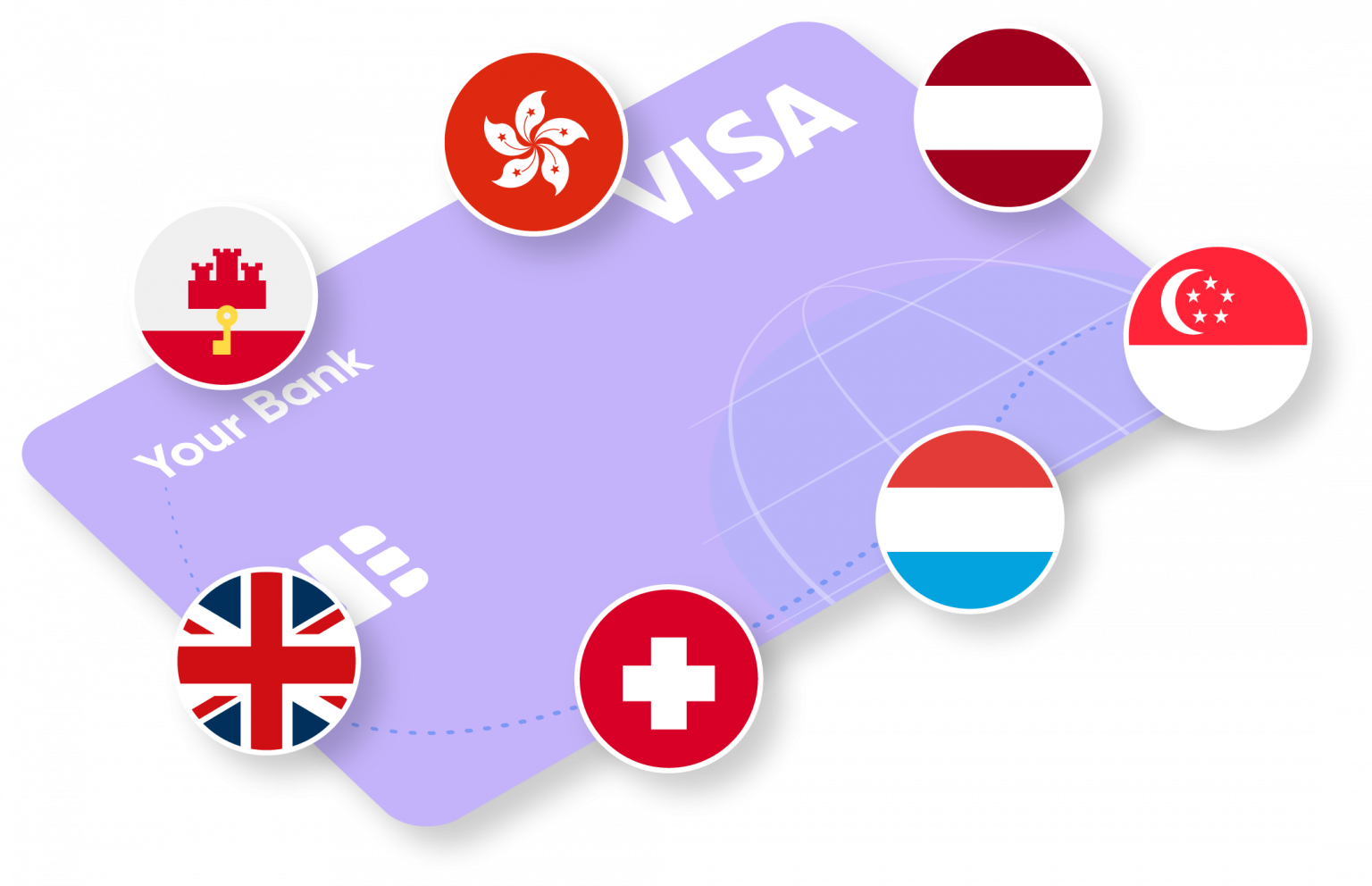About EdTech
Will technology ever replace teachers? Science fiction often poses such questions about the future. Yet, could we have predicted the massive rise of EdTech in the last decade?
EdTech, short for educational technology, is the use of information and communication technology tools in education and learning. EdTech encompasses a range of hardware and software solutions for the traditional classroom and other learning contexts.
A study by HolonIQ projects that global spending on education will reach 7.3 trillion dollars by 2025. With the mainstream use of the internet and the clear potential that EdTech holds for higher education and upskilling, this industry will continue to grow.
What is the current situation of EdTech in India?
In January 2022, the Indian EdTech Consortium (IEC) was formed to provide quality education to every child in the country. India is already an established giant in EdTech, with nearly 4500 startups catering to a young population of over 300 million.
Moreover, there have been transformative changes in the last few years that directly impact the rise of EdTech. These changes include:
● National Education Policy 2020
The new National Education Policy and the recently rolled out National Curriculum Framework foretell a bright future for technology in education. The recommended changes include digital awareness training for students, the building infrastructure and equipment in the classrooms, technological platforms for teacher education, virtual labs, digital classroom resources, and teaching aids. The IEC aims to support the implementation of the National Curriculum Framework.
● Remote Web and Tech Access
A report by the Internet and Mobile Association of India shows that the percentage of rural Indian internet users has increased by 6% between 2020 and 2021, with over 350 million active users. With the IEC extending support to learning equity in the lower socioeconomic strata of Indian society, there may be hope for more education coverage soon.
● Informal Education
Formal education in India covers the pre-kindergarten stage, through kindergarten, primary and middle school, up to secondary and higher secondary education. Beyond this, students pursue other co-curricular interests and informal education through clubs, coaching classes, skill development classes, and more. The demand for informal education in the country is increasing. The Covid-19 transition to online learning opened up a world of opportunity for students seeking informal growth in the form of MOOCs, and educational apps and the EdTech sector seized the day.
● Expanding Gig Economy
India has experienced and recognized a boom in its gig and platform economy. According to a 2021 report by Boston Consulting Group, gig workers can take up close to 90 million jobs in the country. This cultural transformation has a two-pronged effect on the educational technology sector. With a skill-centric approach to work, young professionals increasingly turn to EdTech startups for upskilling and vocational training. At the same time, this industry also provides gig work for teachers and experts in the traditional education sector, with greater flexibility and other competitive advantages.
Education in the country is at a turning point in the year 2022. The EdTech industry is at the helm of this growth journey.
Where is Indian EdTech headed?
The advantages of EdTech are numerous – from the carefully curated curricula to the self-paced learning options and the steady and easy access to information. At the same time, the lack of a personal touch, restricted communication, and absence of progression and achievement measures limit students’ learning.
● Public and media perception
In the recent past, EdTech startups in India have been under the media lens for their financial outcomes. Some educationists have expressed reservations about the ed-tech takeover. According to Anurag Behar, the CEO of Azim Premji Foundation and a leading educationist, online education is inadequate and ineffective for all children.
At the same time, the Indian government has encouraged the expansion of this sector while advising a strictly ethical approach. The government has launched successful initiatives like the e-pathshala app. In April 2022, the education minister announced that the government would put in place a policy to regulate this sector.
● What the future holds
The post-pandemic world has opened up in-person learning opportunities, which spells more competition for the educational technology firms that have mushroomed in the last couple of years. However, the future is digital, and EdTech is here to stay. Through collaboration with brick-and-mortar schools and by ensuring education for all sections of society, EdTech can be the driving force of the future.
What payment institutions is it worth checking for EdTech emerging markets, like India?
PayFuture is one the payment gateway platforms focusing on providing market leading global payment technology with a focus on emerging markets. It uses innovative approach in payments by introducing AI technologies. PayFuture offers market changing innovative features and technologies thanks to its team of innovators, technologists and payment enthusiasts.
Main features:
- Website: https://www.payfuture.net/
- Omni Channel Connector: connecting merchants and processors to various local payment types
- All in one API integration of 180+ alternative payment methods and 150 currencies
- Localized Payment Connector: to target local and international merchants
- Special Focus: India and other emerging markets
Merchant Management
PayFuture offers excellent tools specifically created for merchant management. PayFuture Merchant Management System is designed to show merchants transaction information that has been generated from the flow of transactions via the Gateway.
Multiple Permission Access Levels allows to set difference access levels for team members from middle to senior management levels.
Another powerful functionality includes detailed transaction information and multi-feature reports.
Security
Security issues are the top priorities, whereas PayFuture offers risk and fraud monitoring system utilising deep learning AI to detect and auto alert merchants of potential risks. With bespoke rules engines merchants can adopt highly bespoked fraud screening profiles adapted to their business’s needs, addressing fraudulent activity while simultaneously boosting sales revenue.
Open your account with PayFuture here!













